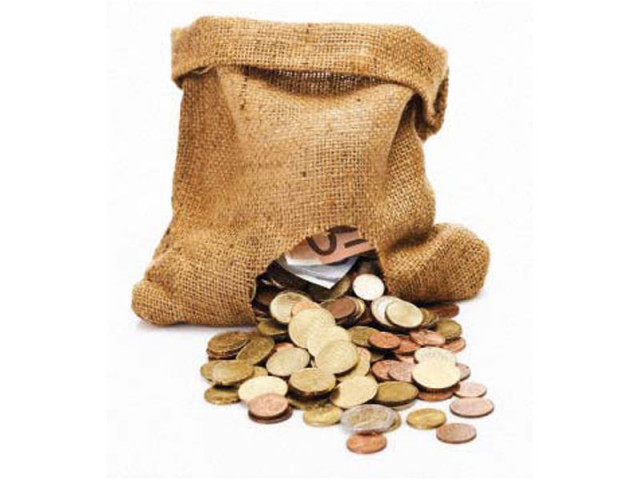Tax on farm earnings: WB proposes annexing income at market level
The proposal is part of prospective areas identified to increase low provincial tax revenues.

Rs1b or less was the total revenue collection from the agriculture sector in the last financial year. PHOTO: FILE
In a bid to take tax revenues to a respectable level, the World Bank (WB) has proposed capturing agricultural income at a stage when farmers bring their crops to the market – as the existing mechanisms to collect tax on farm earnings have failed to yield results.
The proposal is part of prospective areas that the bank has identified to increase extremely low provincial tax revenues. The Washington-based lending agency has added these tax measures in its recently approved five-year Country Partnership Strategy for Pakistan.
It is aiming at following the identified areas during its discussions with the provincial authorities.

According to the proposal, Pakistan may levy a presumptive agriculture income tax at marketing stage. The purpose is to charge tax at a certain percentage of the total value of crops such as wheat, cotton and rice.
The proposal is workable and provinces may capture the value of the agriculture income and levy a presumptive tax at 2% of the total value that will give them significant revenues, said Ashfaq Tola, a renowned Karachi-based tax expert, who has done several studies on enhancing provincial revenues.
The total revenue collection from the agriculture sector was less than Rs1 billion in the last financial year. Under the Constitution, income from agriculture is a provincial subject and many landlords and industrialists exploit this lacuna in the law and declare their income as agriculture income to evade taxes.

The provincial governments have not been collecting revenues from agriculture income, primarily because the bulk of the political, civil and military bureaucratic leadership has rural connections, according to analysts.
Pakistan has one of the lowest tax-to-GDP ratios in the world, hovering around 9% of the total national output. Efforts to increase the ratio, launched by the Pakistan Muslim League-Nawaz (PML-N) government, are also fading away, as the Federal Board of Revenue (FBR) is even falling short of its downward revised tax target of Rs2.345 trillion.
The World Bank said the efforts at increasing tax collection would not spare the provinces. A well-known reason for a low tax-to-GDP ratio was the extremely poor tax effort by provinces, it added.
The provincial taxes, on the average, have contributed less the 4% to overall national tax collection, which is less than half percentage point of the total national output.
However, this contribution increased to almost 7% after General Sales Tax (GST) on services was transferred to the province in 2010/11 following the 18th constitutional amendment. The international lender that is providing policy advice to federal and provincial governments of Sindh and Punjab believes that still there is significant scope for even more improvement.
The World Bank has also proposed that the provinces may expand the base of the GST on services by bringing import of services into the tax net or levying presumptive tax on informal services.
The imported services in sectors like communication, construction, financial, computer and telecommunication could be taxed by the provinces, according to experts.
The international lender has also recommended to the provinces to update the evaluation of properties by reducing the differential in rates of property tax for rented and owned properties, and devolving the property tax to city governments.
It has asked the provinces to strengthen provincial tax administrations by modernising them to support enforcement and audit and ensure taxpayers’ compliance.
Published in The Express Tribune, May 4th, 2014.



















COMMENTS
Comments are moderated and generally will be posted if they are on-topic and not abusive.
For more information, please see our Comments FAQ